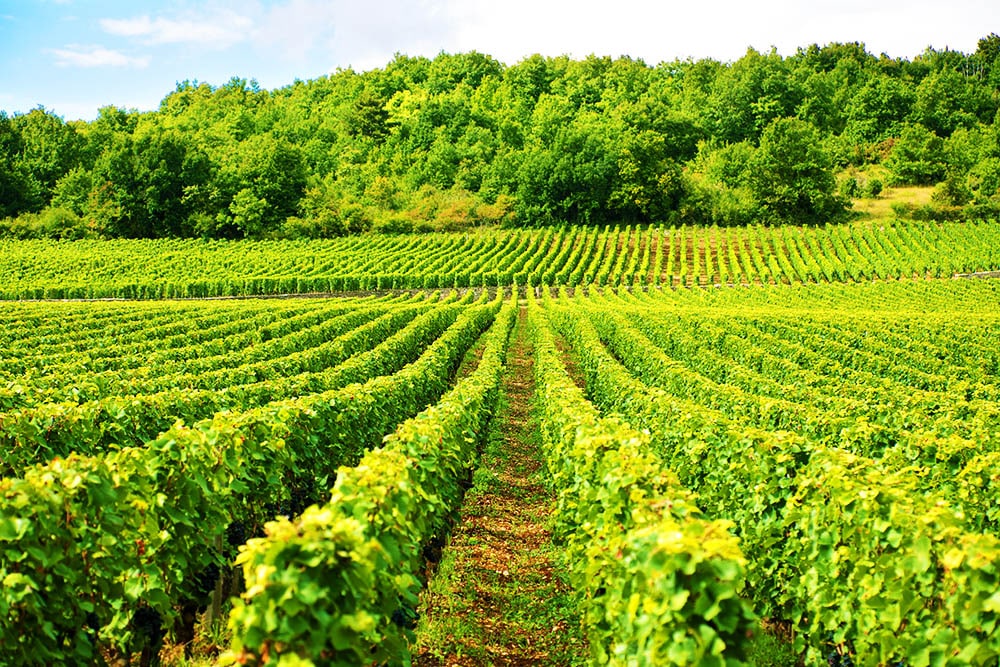The agricultural sector is one of the most important industries in the world, providing food and resources that support human survival. However, conventional farming practices have over the years caused significant damage to the environment. Climate change, biodiversity loss, soil degradation and water pollution are just some of the consequences of unsustainable agricultural practices.
Sustainable agriculture is an alternative approach that combines cropping techniques and farming practices that promote environmental stewardship, economic profitability and social responsibility. This article explores the benefits of sustainable agriculture and how it can revolutionize the future of farming.
The Importance of Sustainable Agriculture
Sustainable agriculture is important because it has the potential to revolutionize the way we produce food, fiber and fuel. There are several benefits to sustainable agriculture, which include:
Environmental Benefits
Sustainable agriculture practices help to conserve natural resources, such as water and soil. They reduce greenhouse gas emissions, which contribute to climate change, by reducing the use of fossil fuels and lessening the need for synthetic fertilizers. Organic farming, which is a form of sustainable agriculture, promotes biodiversity and protects wildlife habitats. Sustainable agriculture also reduces environmental degradation and the risk of soil erosion, improving soil health and increasing soil fertility.
Economic Benefits
Sustainable agriculture increases farmer profitability by reducing input costs and creating new markets for sustainably produced goods. In addition, sustainable agriculture can help to stabilize the markets by reducing price volatility and creating a more diverse range of products. Using sustainable agriculture practices also reduces the burden on the agricultural sector by reducing the amount of subsidies and other forms of support that are needed.
Social Benefits
Sustainable agriculture promotes social responsibility by enabling farmers to produce crop yields that meet human needs without compromising the ability of future generations to meet their own needs. It also supports local communities by providing economic benefits and promoting environmental stewardship.
The Challenges of Sustainable Agriculture
There are several challenges associated with the adoption of sustainable agriculture practices. Some of these include:
Cost Barriers
Transitioning to sustainable agriculture practices can be expensive, requiring significant investments of time and money. Farmers often find it difficult to finance the transition, especially in developed countries.
Long-Term Commitment
Sustainable agriculture requires a long-term commitment from farmers. It takes time to establish sustainable practices, and the benefits of sustainable agriculture may not be immediate. Farmers must be willing to invest time and resources into the practice to see long-term benefits.
Knowledge and Education
Many farmers lack the knowledge and education required to implement sustainable agriculture practices. Education and outreach programs are needed to help farmers develop the skills and knowledge required to succeed in sustainable agriculture.
Sustainable Agriculture Techniques
There are several sustainable agriculture techniques that have been developed to reduce the environmental and social impact of farming.
Organic Farming
Organic farming is a form of sustainable agriculture that promotes environmental stewardship, biodiversity, and animal welfare. Organic farming prohibits the use of synthetic fertilizers and pesticides, and emphasizes the use of natural resources such as compost and manure to improve soil fertility.
Conservation Tillage
Conservation tillage is a technique that involves leaving crop residue on the surface of the soil after harvest. This residue helps to control soil erosion, reduce water runoff and increase soil nutrient content.
Crop Rotation
Crop rotation is a technique that involves rotating crops between fields to reduce soil-borne pathogens and pests, and to improve soil nutrient content. This technique promotes soil health and fertility, and reduces the need for synthetic fertilizers and pesticides.
Agroforestry
Agroforestry is a sustainable land-use system that involves the integration of tree and shrub crops into land use. This system can help to improve soil fertility, increase biodiversity and mitigate climate change by reducing greenhouse gas emissions.
The Future of Sustainable Agriculture
The future of sustainable agriculture looks promising. Sustainable agriculture techniques have been implemented in various countries, and the number of farmers practicing sustainable agriculture is increasing. Governments and organizations are investing in research and education programs to provide farmers with the skills and knowledge required to succeed in sustainable agriculture.
Technology and Innovation
As technology and innovation advance, sustainable agriculture practices will continue to evolve. Emerging technologies such as precision agriculture, drones and robotics are being used to improve farming efficiency and reduce the environmental impact of agriculture. Sustainable agriculture practices will continue to evolve and improve, making it a viable alternative to conventional farming.
Conclusion
Sustainable agriculture is essential for the long-term health of our planet. It offers numerous economic, social and environmental benefits, and has the potential to revolutionize the way we produce food. The challenges associated with sustainable agriculture can be overcome with investment in education, research and outreach programs. Sustainable agriculture techniques are emerging and will continue to evolve, making it a viable alternative to conventional farming. It is important that all stakeholders, including farmers, consumers and policymakers, work together to support and promote sustainable agriculture practices for a healthy and sustainable future.
